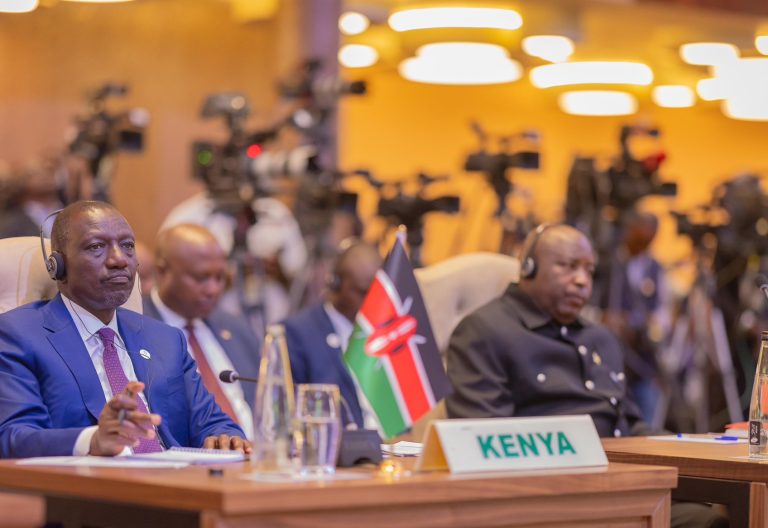Address root causes of pastoralist chaos

Pastoralism remains the backbone and source of livelihood among many Kenyan communities.
However, the occupation comes with several challenges especially those linked with adverse weather which lead to the death of livestock.
Limited rainfall in most pastoralist areas means inadequate pasture and water scarcity, which often leads to conflict among resident communities.
Besides fights over pasture, cattle rustling has for a long time been an unfortunate but enduring cause of conflict between villagers despite concerted efforts by the government, religious groups and elders to stem the vice.
Livelihoods have been destroyed, families displaced and lives lost with security people sometimes bearing the brunt of the chaos.
For instance, more than 20 police officers were killed in an ambush in Kapedo, Baringo county, in 2014, leading to deployment of Kenya Defence Forces to the area.
That is why we are concerned about recent killing of a senior police officer in the same area where he was on a mission to combat banditry.
There is also a raging uproar over the shooting to death of six individuals by the police over claims that they confronted security agencies.
Tiaty MP William Kamket was yesterday released after being grilled over claims that he had incited members of his community to violence.
Reasons have been advanced for the cattle theft menace, especially among the Turkana and Pokot communities.
They include the primordial narrative rationalising it as cultural activity to the more reasonable arguments around poverty, effects of marginalisation and high levels of illiteracy.
However, it must be emphasised that cattle rustling is not only a primitive means of acquiring wealth that should be discarded but a criminal activity that should be punished.
There have been attempts to address the issue, but the fact that it continues to thrive is an indication that its long-standing causes have not been remedied.
We urge both the national and county governments to use available resources to address grievances around neglect, poverty and local leaders to educate their constituents against the vice.
We also call on security services to exercise restraint on the use of brutal force that could antagonise affected communities and lose their cooperation in the war against the menace.
Of concern is the conduct of politicians who are said to be inciting their communities and abetting the crime for selfish gain.














